1
Who or what are the characters in your poem?
All our favourite stories have characters we care about, and the same goes for poetry. These ‘characters’ won’t
always be people: they might be objects, animals, places, emotions, anything. Who or what is the audience
rooting for?
2
Think about the emotional arc of your poem.
What do you want people to feel at the beginning? What do you want them to feel at the end? How will your poem
lead them from one emotion to another? The best poems will take the audience on an emotional journey.
3
You don’t have to rhyme.
Rhyming can be a great way to give your poem energy, but sometimes it can put you in a box that’s hard to break
out of. Don’t force it. Choose words that get the meaning of your poem across. If they rhyme – great! If they
don’t rhyme – also great!
4
Use different senses.
We have five – sight, hearing, smell, taste and touch. Instead of just talking about how things look, show the
audience what they sound like, smell like, taste like and feel like. You don’t have to use all of them, but
using more than one will add depth to your imagery.
5
Use specific imagery.
Instead of talking about a house, talk about the grains in the timber floorboards or the creak the back door
makes. The more specific your imagery, the easier it will be for people to see your picture.
6
Avoid clichés.
Some images and phrases have been used so much they’ve lost their meaning. Find unique ways of describing things
by focusing on you and your experiences.
7
Think about the dynamics of your poem.
Nobody wants to hear the same thing for two minutes. Vary how quickly you deliver your lines, use loud and soft
passages, shorter pauses and longer pauses. Let the words sink in with your audience.
8
Engage your audience.
Spoken word poetry happens in front of your eyes. Take advantage of this. Make eye contact with your audience,
use your hands to gesture to people or images you are describing. Think about your posture and body language.
Sometimes the performance is just as important as the writing.

